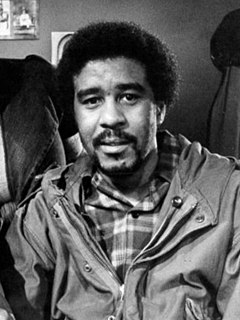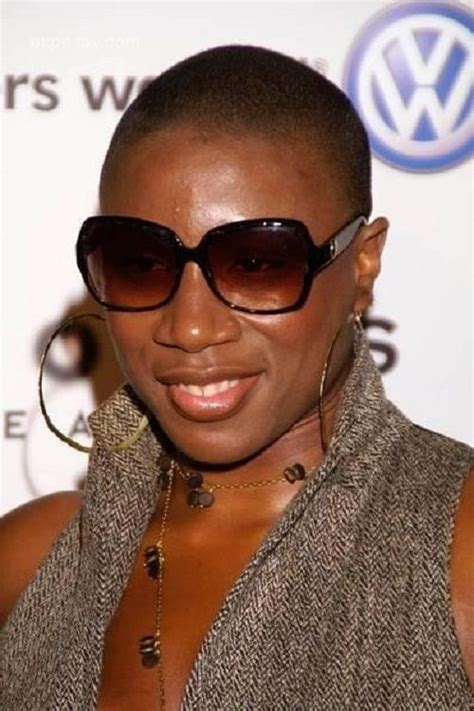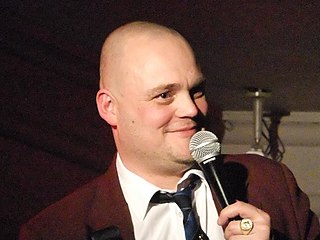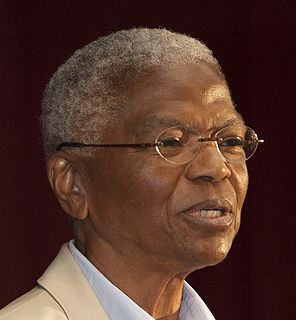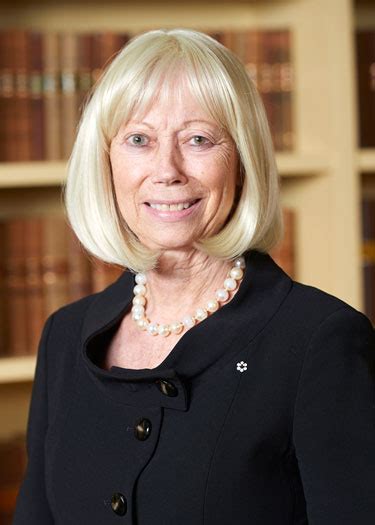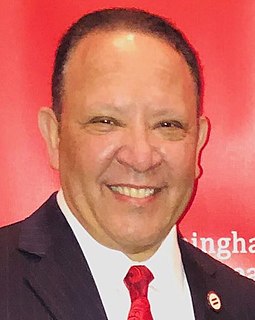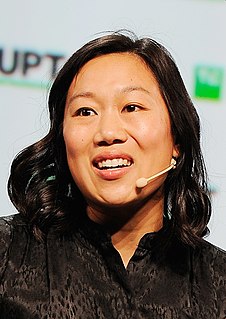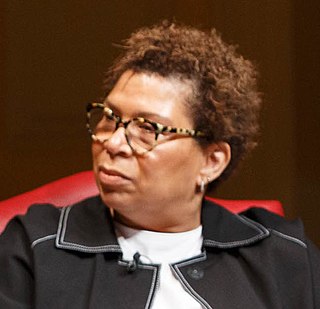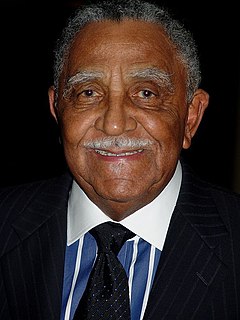A Quote by Richard Pryor
Rosa Parks showed us all that one little person can make a whole bunch of noise without so much as a whisper. She showed the world that the color of your skin shouldn't determine what part of the bus you sit in... as you ride through life.
Related Quotes
My mum had a cousin that had played when he was younger. When I showed an interest in drumming, he showed me how to mummy-daddy roll and that set me up for a bit. And to be honest, it's all about the sound, the noise, the rattle and hum. Who wouldn't want to make a fantastic noise with drums and cymbals?!
When I was a little bitty kid, my aunt showed me how to play a little boogie. It took me years. I had to play the left-hand part with two hands, because my hands was so little. Then as I grew up and I learned how to play the left-hand part with one hand, she showed me how to play the right-hand part, and et cetera. My Uncle Joe showed me how to play a little bit different boogie stuff. I had people in my family that was professional musicians, but I just wasn't interested in what they did. I wasn't very open-minded to a lot of music that I'd be more open to today.
The Nova Scotian black community always remembered Viola Desmond - they didn't lose track of her, ever. Her memory was very much alive there, but the rest of us didn't know anything about her. It's just so typical of Canadians that we know Rosa Parks, in that "bad country to the south of us" - they needed this lovely, courageous woman to sit down in the front of the bus - but we wouldn't know ours, because of course we "don't have racism in Canada."
My mom would never let us quit. She always taught us the importance of sticking with it, even when times are tough. We didn't just hear her, we watched her. I know what to do because she led the way. She showed us that if you put your mind to it, you can accomplish the world. No matter where you're from and what you're up against.
Rosa Parks was an unlikely person, but she became an instrument of the people's will in that community who were tired. They said she was tired from working and perhaps she was - but she herself said later that she was spiritually tired and weary of being humiliated by being asked to move back so that a white person could occupy her seat.
